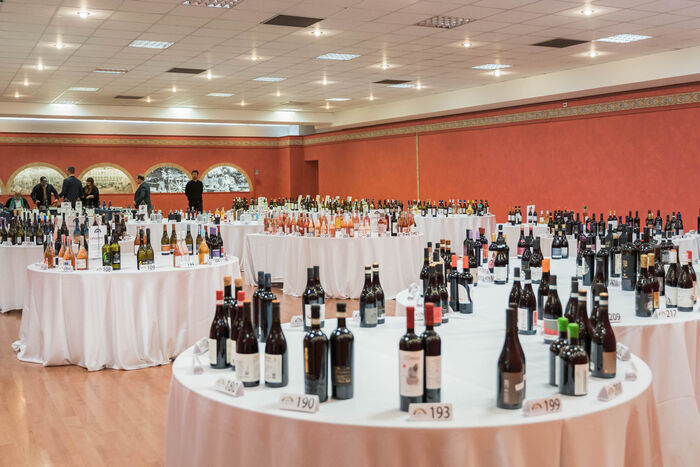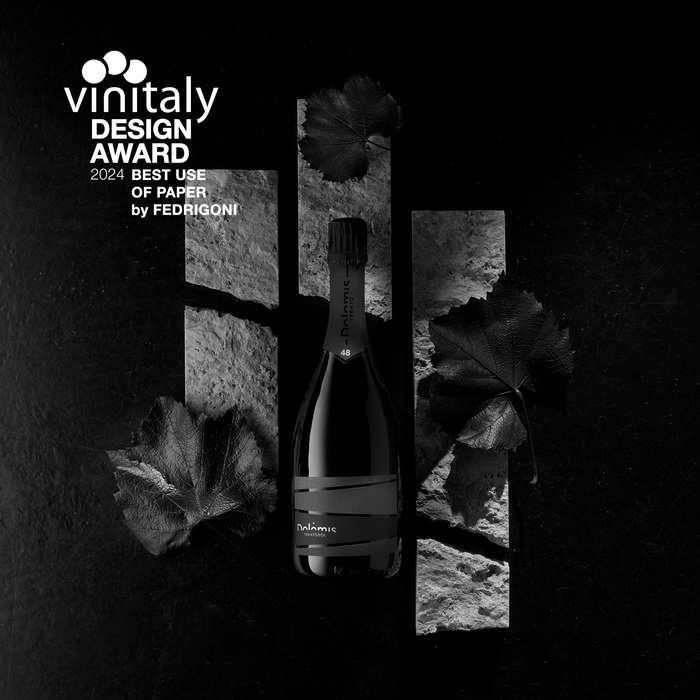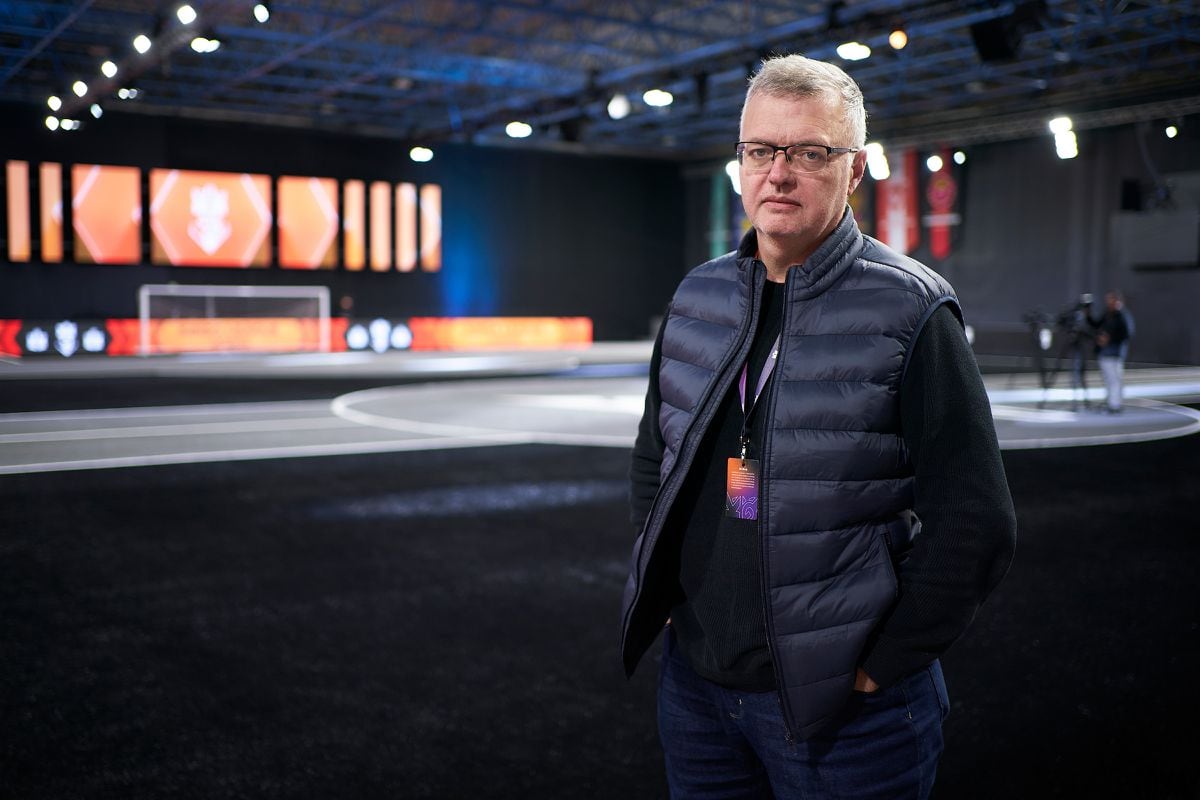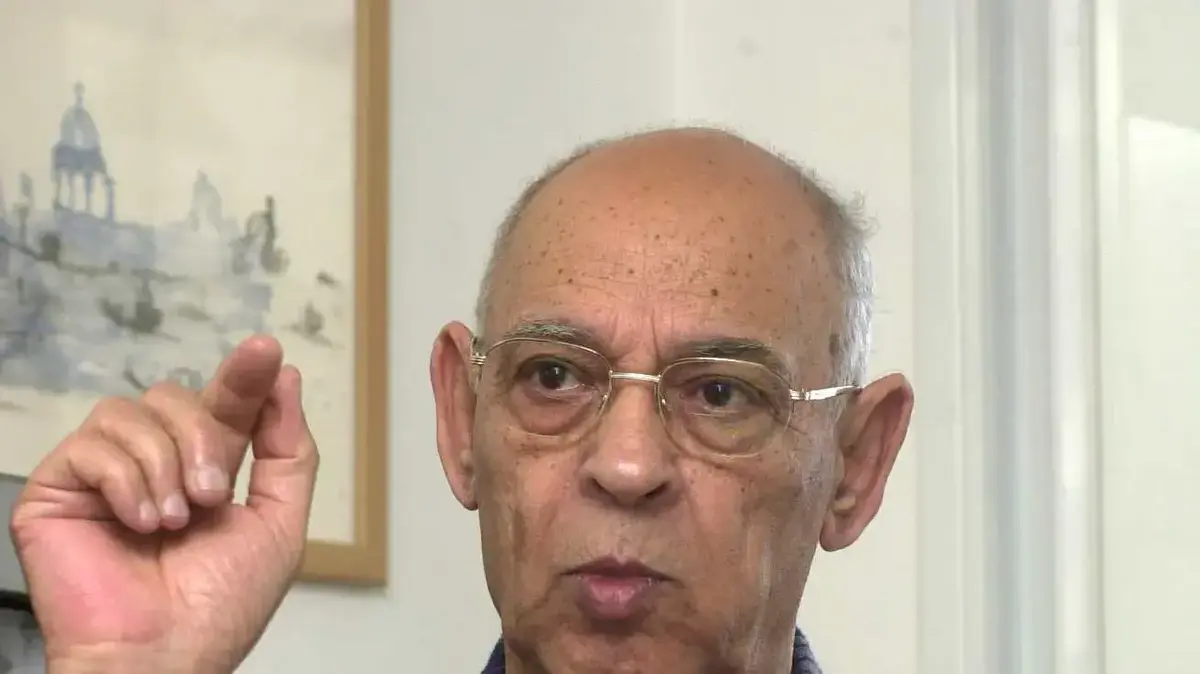From the shortlist of the ten best entries for the Social Design Award 2019, the winners were announced on Monday in the Hamburg SPIEGEL House. The question asked by SPIEGEL ONLINE, SPIEGEL WISSEN and Bauhaus was this year's prize: "How do we want to live?"
Jury Award: "Affordable Palace"
The prize of the expert jury goes to the team of "Affordable Palace", which started with the idea to convert Buckingham Palace to social housing. The fact that the Queen of England alone has 775 rooms and 79 bathrooms in the best London location does not even happen in times of housing shortage and rent madness, according to the two architects of the Munich office Opposite Office. Benedikt Hartl and Thomas Hasender therefore want to increase the palace by six floors. So should space be created for 50,000 people. The architects know that their idea will most likely remain a fantasy. Seriously, they mean it anyway.
Katrin Würtemberger
Benedikt Hartl and Thomas Hasender from Opposite Office
In its rationale, the jury praised the socio-political, provocative and humorous contribution to the discussion on the right to housing and social justice, which was also taken up in the English press.
SPIEGEL: You wrote the Queen an open letter. Was there ever an answer to that?
Hartl: There were many answers, but not from the Queen. We are still waiting for it.
SPIEGEL: Why Buckingham Palace and not Schloss Bellevue or a building in Munich where they live?
Hartl: As a young architect, it is relatively difficult to get jobs. Actually, there are only two ways, either you have relationships - unfortunately we do not have - or the participation in competitions. There was one in London, where you could choose the property freely and it was about affordable housing. A topic that we are very interested in and to which we can contribute something.
Affordable Palace
SPIEGEL: How much satire is there in the proposal?
Hartl: None at all. The total cost of a building in large cities is half the price of land. That means I'll pay millions for the property, or I'll take one that's free. By topping so I save already half the cost. On your question but a counter question: How much satire is in the neoliberal housing market and in capitalism?
SPIEGEL: What will you do with the prize money?
Hartl: Thomas has built a huge model of our project on a scale of 1: 100, two by two meters, very detailed and with funny scenes that arise when you suddenly meet "Her Majesty" in the hallway. We have to pay for that first. Maybe a museum will report, which would like to exhibit the model on the topic of cheap living space.
Audience Award: Midwifery House in Ghana
The midwives who help the Ghanaian village of Havé to deliver their babies have barely had enough living space for themselves and their families for a long time. This changed in 2017 with the construction of a dormitory and a midwifery school - a joint effort of around 50 German and American students, German crafts trainees and Ghanaian vocational students. The idea came from the Cologne association Meeting Bismarck and received the most votes in the online vote for the Audience Award. Franz Klein-Wiele and Thomas Schaplik from the Faculty of Architecture of the University of Applied Sciences Düsseldorf accepted the award.
midwives house
SPIEGEL: How does a Düsseldorf architecture school come to build a midwife's house in the Ghanaian jungle?
Schaplik: The project was created by the contact of our colleague Judith Reitz from the University of Applied Sciences Düsseldorf. Her newborn child was looked after by the director of the association Meeting Bismarck in Cologne, who works as a midwife and supports the place with many projects.
SPIEGEL: How many midwives currently live in the facility?
Schaplik: Midwives live in three apartments with their families, who previously often could not live together in one place. Another apartment is for international exchange. There, doctors, nurses and craftsmen from Europe and Ghana can meet and work together with the midwives, mothers and children on site and learn from each other.
Katrin Würtemberger
Audience Award Winners: Franz Klein-Wiele (l.) And Thomas Schaplik from the Peter Behrens School of Arts
SPIEGEL: What were the special features of the construction?
Klein-Wiele: In all our projects we work as much as possible with local craftsmen and materials. In Havé we used bamboo for instance, which grows a lot there. We had to learn a lot together with the African partners, because we do not know that from Europe. That's why we always look for partners on site with whom we can do this together. In addition, the houses have a passive climate concept for the difficult conditions in the jungle.
SPIEGEL: What will you do with the prize money?
Klein-Wiele: We really have not thought about that because we did not expect the price. We will use the money for one of our design build projects.
Schaplik: We currently have some projects running in the poorest rural areas of the world. Any project can use the support well.
Special Price: Backyard Dinner
Many neighbors, but little acquaintance, that is the everyday life in many German apartment blocks. That's why the Leipzig "collective Plus X" thought out the "backyard dinner". The goal: from an anonymous neighborhood becomes after a dinner together "a network with common interests". So that the feast in the open air can also be implemented logistically, the people of Leipzig have built a mobile kitchen. Represented in Hamburg was the "Collective Plus X" by Anka Broschk and Marvin Schwark.
Katrin Würtemberger
Special prize winner: Marvin Schwark and Anka Broschk from Backyard Dinner with Robert Köhler (right) from Bauhaus
SPIEGEL: How many backyard dinners have already taken place?
Schwark: Three pieces.
SPIEGEL: What has changed in the household communities?
Broschk: This ranges from the exchange of recipes to a case in which the residents then helped each other to rebuild their homes, or even a demo against the planned sale of the house. We still have contact with different people from the houses to see what happens and the feedback is always positive.
Backyard Dinner
SPIEGEL: How did the idea for cooking together come about?
Schwark: This is part of a larger project, the Nomadic Cultural Center in the Donaukiez in Berlin. There are very few public areas where the residents can be somehow, and then we thought, then you go to the backyards. Because the area is always there, but is often not used well. Usually there are only garbage cans and bicycles, otherwise not much happens.
Broschk: There have also been follow-up events because people have realized that they can meet there and have a cozy sitting area.
SPIEGEL: If I do not live in Leipzig, can I also rebuild this kitchen? Do you provide the plans?
Schwark: The kitchen should now be docked at a school in Berlin, where they will then be able to borrow. Rebuilding is in principle also. We had already thought about putting the plans online but have not done so yet.
The Social Design Award was presented for the sixth time this year. About 150 submissions were received, from Germany, Switzerland, but also from the USA or Ghana. Last year was about "the best ideas for a good neighborhood".















/cloudfront-eu-central-1.images.arcpublishing.com/prisa/H7U7FJNUZBG6BPL5PZCMGC6EUY.jpg)